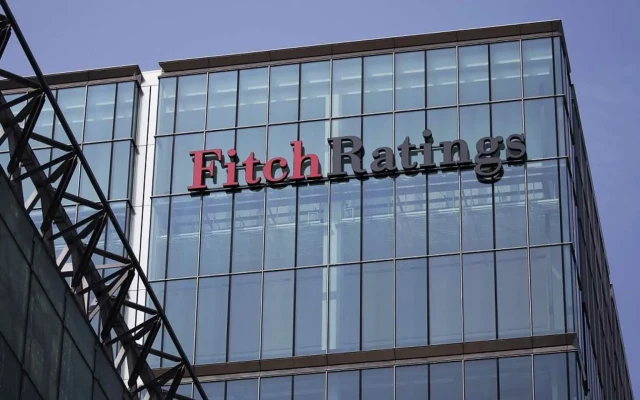Amid growing economic challenges in Nigeria, the country's fiscal and monetary policies reforms have continued to receive positive assessments.
The latest endorsement comes from Fitch, a global rating agency, which has upgraded Nigeria's economic outlook from stable to positive.
This credit rating upgrade indicates that Nigeria's creditworthiness is improving, which is crucial for accessing international financial systems.
The upgrade was attributed to three major reforms: liberalization of foreign exchange, removal of fuel subsidies, and recent increase in electricity tariffs.
According to Fitch's statement on May 3, the positive outlook is partly due to reforms implemented over the past year to restore macroeconomic stability and improve policy coherence and credibility.
These reforms include adjustments to exchange rate and monetary policy frameworks, reduction of fuel subsidies, improved coordination between the Ministry of Finance and the Central Bank of Nigeria (CBN), scaling back of central bank financing for the government, and administrative efficiency measures to increase government revenue and oil production.
Fitch noted that these reforms have reduced distortions caused by previous unconventional monetary and exchange rate policies, leading to significant inflows to the official foreign exchange market.
However, Fitch also highlighted some short-term challenges such as high inflation and instability in the FX market, and emphasized the need to test the durability of the commitment to reform.
The Central Bank of Nigeria's efforts to reform the monetary and exchange rate framework following the unification of multiple exchange rate windows have led to a collapse in the large differential between the official and parallel market rates.
Additionally, there has been a significant increase in average daily FX turnover at the official FX window since the second half of 2023, along with clearance of USD4.5.




















